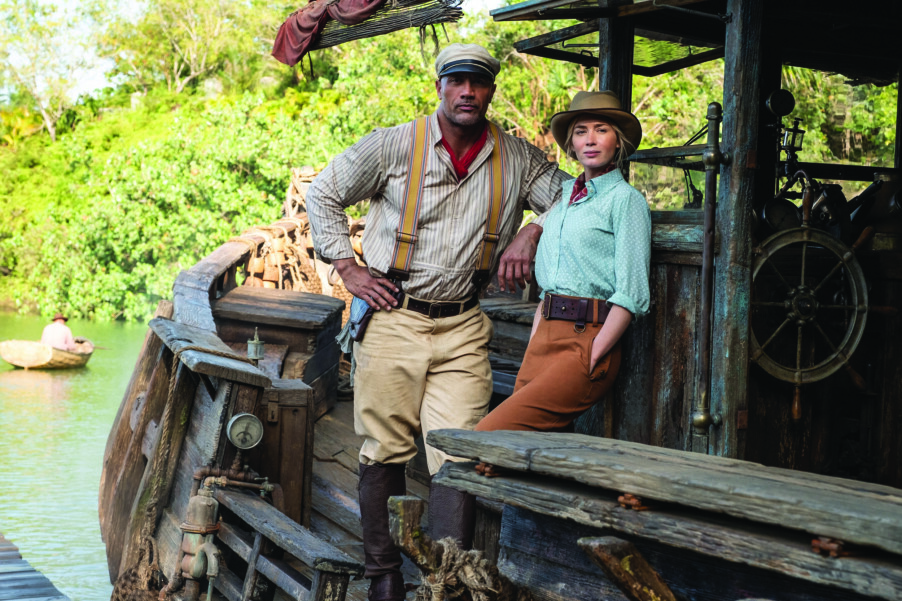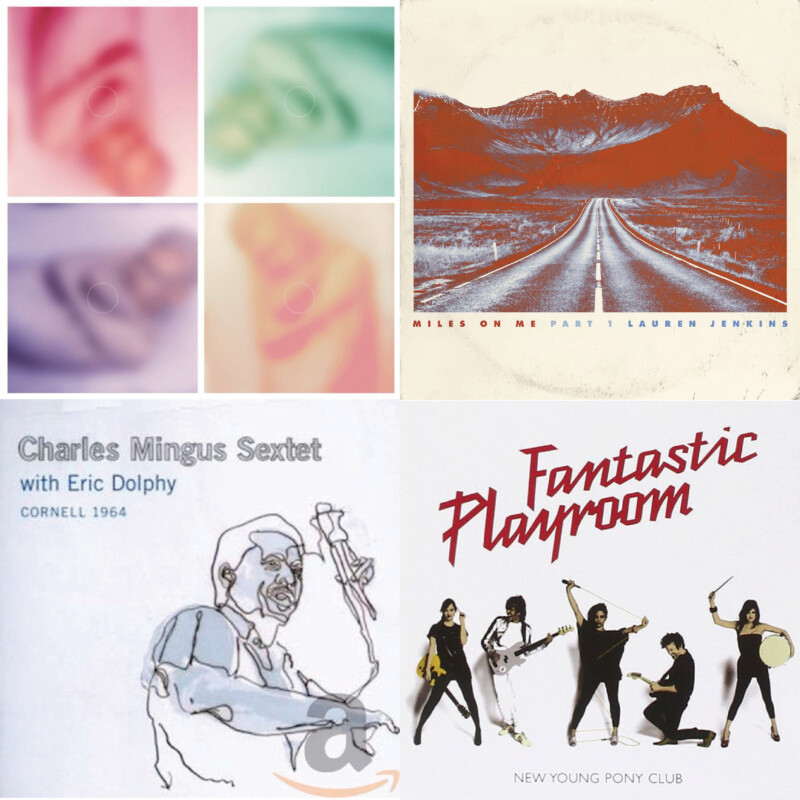Wayward, by Dana Spiotta (Knopf, 270 pages)
In 2013, New Hampshire author Howard Mansfield published a gorgeous ode to the physical structure that, if we are lucky, we come to see as a home, not a house. Dwelling in Possibility examined what Mansfield called “the soul of shelter,” the nourishment that we get from a pile of lumber, concrete, steel and stone.
Dana Spiotta does this, too, in her new novel Wayward, which is about a woman who, traumatized by the 2016 election, impulsively buys a run-down house and walks out of her marriage.
There were, of course, other catalysts for the decision that are revealed over time. But in setting up a wholly unexpected type of unfaithfulness — a woman falling in love with an illicit house — Spiotta taps into a rarely explored subject: the emotional connection that many people have to their homes, even when, to the world, it may seem irrational. “The house was falling apart. The house was beautiful,” Sam thinks to herself as she falls for a century-old cottage after being the only person to show up for the open house. (Apparently, bored women go to open houses as a form of recreation — who knew?)
She was seduced by its tile-lined fireplace, custom-built storage benches and old wood, which made her own house, with its gas fireplace and perpetually distracted husband, look hopelessly bourgeois.
Sam makes an offer on the house and decides to leave her husband without thinking much about the consequences, only vaguely aware that “saying yes to this version of her life would mean saying no to another version of her life.”
When she tells Matt, he is standing at the blender, making a post-workout smoothie, and doesn’t stop what he is doing, suggesting that Sam is making a bold and empowering decision that will radically improve her life. In fact, life is never that simple.
The decision fractures an already tense relationship with Sam’s 16-year-old daughter, who has just begun a secretive relationship with a much older man. And the complexities of leaving the suburbs and navigating a new life in the city, with a couple of amusingly woke friends, complicates Sam’s life as she attempts to ignore the worsening condition of her own mother, Lily, who has pancreatic cancer.
Meanwhile, her husband seems determined to love her back into the family home, writing Sam checks to cover her expenses, including the full cost of the house (“It’s your money, too,” he tells her) and sending her flowers on the first day she sleeps there. “Dusty peach-colored peonies, her favorite. Her leaving had made him attend her, but he didn’t understand that wasn’t her intention at all. Sam just wanted to be alone in her house.”
Matt’s graciousness thrusts Sam into a place of “phony poverty, fake independence” as her part-time job as a tour guide at the Clara Loomis House couldn’t have paid even her small bills.
The family tensions ramp up to a satisfying crescendo, but the real pleasure in Wayward is Spiotta’s grasp of the mundane, as in her treatment of Sam’s of chronic insomnia (which will be utterly relatable to anyone who has ever bolted awake at 3 a.m. and not been able to get back to sleep) and necessary but painful tensions that both physically and emotionally tear apart older teens and their parents. She also has a shrewd wit that leavens the novel’s serious themes.
“You do seem deranged,” Matt says to Sam as they discuss the election of someone they loathed (a person never mentioned by name, but the novel starts in 2017). She is deranged, but in the way that we all are these days: overwhelmed, underfunded, desperately trying to do right by other people while doing right by ourselves, to stay asleep the whole night, take care of our children, take care of our parents, take care of the planet. This is a thoroughly contemporary novel, with its Facebook groups of outraged women (WWW: Women Won’t Wilt, and Central New York Crones) and soliloquies on higher education and other contemporary frustrations. (Sam sees the college admissions process as a sort of Hunger Games.)
It is also a solidly regional novel; you will learn more than you want to about Syracuse, New York, to include its architecture and history. And apparently Clara Loomis, the namesake of the historical house at which Sam works, is an invention of the author, which is a bit confusing given that she is linked to real people, such as Elizabeth Cady Stanton. At the end, the novel shape-shifts with letters and journal entries from Loomis, which complicates the work in ways that are not all positive. There is also no obvious resolution to many of the family’s struggles; people who like an ending neatly tied with a ribbon may grumble at the conclusion.
Wayward is not chick lit; it’s too smart a book for that. But it’s definitely a novel for women, and women of a certain age. For that demographic, it’s a slam dunk, especially if the women lean Democrat. A-
Book Notes
The announcement of book award nominees in the summer is the equivalent of pumpkin-spice products emerging in August. It’s way too early. We still haven’t finished our beach reads.
But the long list for the Booker Prize came out this week, and if nothing else, it’s confirmation of the Hippo’s good taste. Three books on the list were reviewed here and given A’s: Klara and the Sun by Kazuo Ishiguro (Knopf, 321 pages), No One is Talking About Thisby Patricia Lockwood (Riverhead, 224 pages) and Great Circle by Maggie Shipstead (Knopf, 608 pages).
The award, given each November, is for the best novel written in English and published in Britain or Ireland. The inclusion of American authors is a perennial source of friction in the U.K., although interestingly the British novelist Ishiguro has been supportive of the change, made in 2014. (In addition to his current nomination, Ishiguro won the Booker Prize in 1989 for The Remains of the Day.)
Besides Lockwood and Shipstead, two other Americans are on the long list this year: Nathan Harris and Richard Powers; Harris for The Sweetness of Water (Little, Brown and Co., 368 pages) and Powers for Bewilderment(W.W. Norton, 288 pages), which hasn’t even been released yet. Its release date is Sept. 21.
Meanwhile, props to the U.K. publication The Guardian, which each year runs a “Not the Booker Prize” contest, because, in its words, “the judges of Britain’s most prestigious literary award pick the wrong book too often.” The readers of The Guardian’s book blog vote on their favorites. Last year’s winner was Hello Friend We Missed You, by Richard Owain Roberts, which was published in the U.S. in paperback this year (Parthian, 200 pages) and is described on Amazon as “bleakly comic.”
Alas, the author only won a Guardian coffee mug. The Booker Prize winner this year, to be announced Nov. 3, will collect $69,000.
Books
Author events
• JOYCE MAYNARD Author presents her new novel Count the Ways. Phenix Hall, 38 N. Main St., Concord. Thurs., Aug. 5, 7 p.m. Visit gibsonsbookstore.com or call 224-0562.
• SADIE & CORBIN RAYMOND Authors present 121 Days: The Corbin Raymond Story of Fighting for Life and Surviving a Traumatic Brain Injury. Gibson’s Bookstore, 45 S. Main St., Concord. Tues., Aug. 10, 6 p.m. Visit gibsonsbookstore.com or call 224-0562.
• KATE SHAFFER & DEREK BISSONNETTE Authors present The Maine Farm Table Cookbook. Outside the Music Hall Historic Theater, 28 Chestnut St., Portsmouth. Thurs., Aug. 12, 6 p.m. Tickets cost $60 for a small table (two people), $120 for a medium table (four people), $180 for a large table (six people). Visit themusichall.org or call 436-2400.
• PETER FRIEDRICHS Author presents And the Stars Kept Watch. Virtual event, hosted by Toadstool Bookstores, located in Nashua, Peterborough and Keene. Tues., Aug. 17, 6 p.m. Visit toadbooks.com or call 673-1734.
• R.W.W. GREENE Sci-fi author presents new novel Twenty-Five to Life. Gibson’s Bookstore, 45 S. Main St., Concord. Thurs., Aug. 26, 6:30 p.m. Visit gibsonsbookstore.com or call 224-0562.
• MONA AWAD Author presents All’s Well. The Music Hall Historic Theater, 28 Chestnut St., Portsmouth. Thurs., Sept. 2, 7 p.m. Tickets cost $13.75. Visit themusichall.org or call 436-2400.
Poetry
• DOWN CELLAR POETRY SALON Poetry event series presented by the Poetry Society of New Hampshire. Monthly. First Sunday. Visit poetrysocietynh.wordpress.com.
• SLAM FREE OR DIE Series of open mic nights for poets and spoken-word artists. Stark Tavern, 500 N. Commercial St., Manchester. Weekly. Thursday, doors open and sign-ups beginning at 7 p.m., open mic at 8 p.m. The series also features several poetry slams every month. Events are open to all ages. Cover charge of $3 to $5 at the door, which can be paid with cash or by Venmo. Visit facebook.com/slamfreeordie, e-mail slamfreeordie@gmail.com or call 858-3286.
Book Clubs
• BOOKERY Online. Monthly. Third Thursday, 6 p.m. Bookstore based in Manchester. Visit bookerymht.com/online-book-club or call 836-6600.
• GIBSON’S BOOKSTORE Online, via Zoom. Monthly. First Monday, 5:30 p.m. Bookstore based in Concord. Visit gibsonsbookstore.com/gibsons-book-club-2020-2021 or call 224-0562.
• TO SHARE BREWING CO. 720 Union St., Manchester. Monthly. Second Thursday, 6 p.m. RSVP required. Visit tosharebrewing.com or call 836-6947.
• GOFFSTOWN PUBLIC LIBRARY 2 High St., Goffstown. Monthly. Third Wednesday, 1:30 p.m. Call 497-2102, email elizabethw@goffstownlibrary.com or visit goffstownlibrary.com
• BELKNAP MILL Online. Monthly. Last Wednesday, 6 p.m. Based in Laconia. Email bookclub@belknapmill.org.
• NASHUA PUBLIC LIBRARY Online. Monthly. Second Friday, 3 p.m. Call 589-4611, email information@nashualibrary.org or visit nashualibrary.org.
Featured photo: Wayward.






